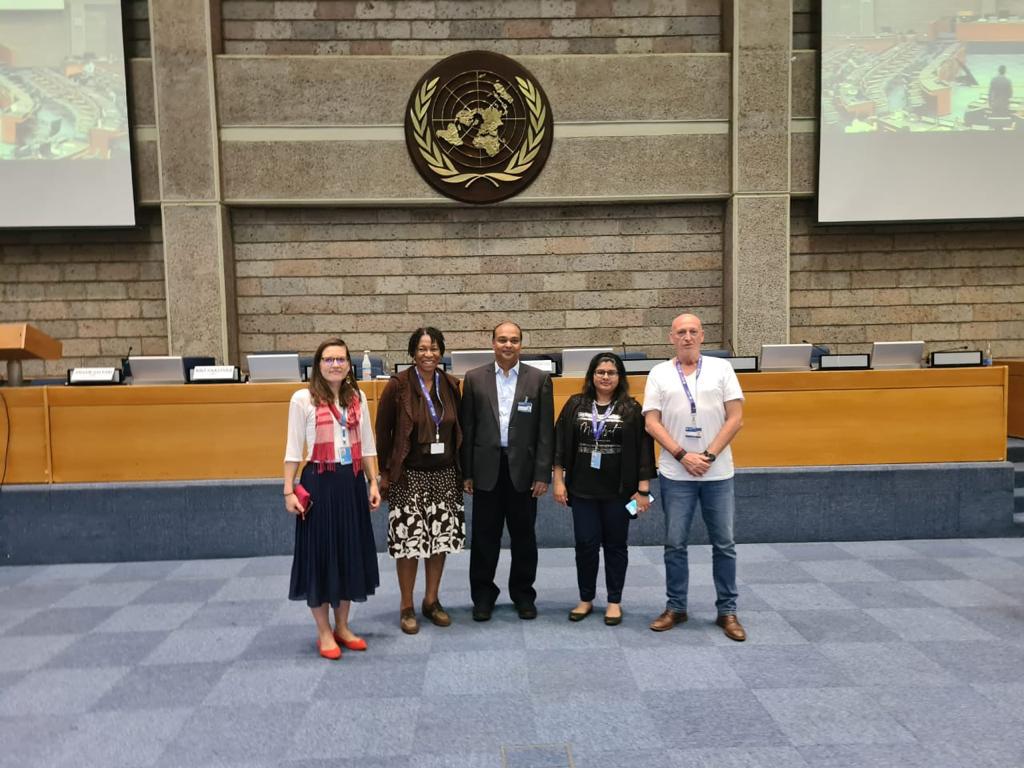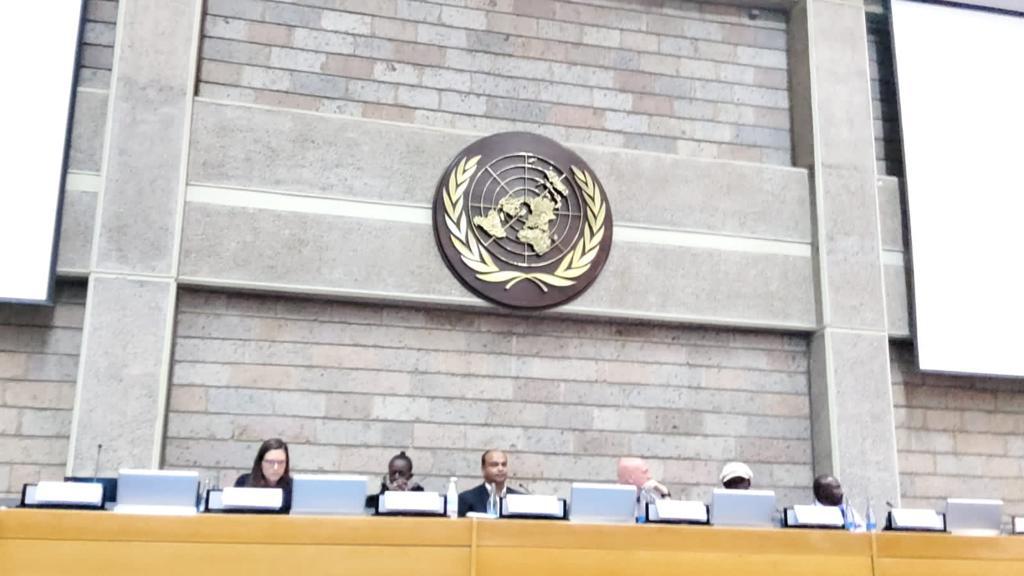

Empowering Communities for a Sustainable Future: Insights from the World Water Quality Alliance Conference
The World Water Quality Alliance (WWQA) Conference 2023, held in Nairobi, Kenya, brought together a diverse array of stakeholders, including local community leaders, youth organizations, scientists, and policymakers, to address global water quality challenges. Organized by the United Nations Environment Programme (UNEP), the conference highlighted the transformative power of local communities in driving solutions for one of humanity’s most pressing concerns—water quality.
Dr. Nandhivarman Muthu, Secretary General of the Association for Promoting Sustainability in Campuses and Communities (APSCC), was an invited speaker at the conference. His participation underscored the vital role of grassroots efforts, data-driven actions, and capacity development in shaping a sustainable water future.
Conference Goals and Vision
The event was designed to achieve several key objectives:
1. Empowering Local Communities: Demonstrating the pivotal role of grassroots engagement in resolving global water-based challenges.
2. Transforming Data into Action: Using water quality monitoring data as a springboard for impactful local interventions.
3. Building Capacity: Equipping stakeholders with the knowledge and skills to implement sustainable water management practices.
4. Fostering Collaboration: Establishing permanent ties between high-level strategists and local stakeholders to enable enduring partnerships.
5. Engaging Youth: Highlighting the role of youth organizations as initiators and leaders in tackling water quality issues that directly affect their future.
Dr. Nandhivarman’s Contribution
As a speaker, Dr. Nandhivarman Muthu emphasized the following key points:
• Local Solutions, Global Impact: He highlighted success stories where community-driven initiatives led to significant improvements in water quality, showcasing APSCC’s grassroots projects.
• Citizen Science and Engagement: Dr. Nandhivarman advocated for integrating local water forums, composed of ordinary citizens, researchers, and cultural actors, to raise awareness and inspire action.
• Youth Leadership: He underscored the need for youth organizations to lead transformative actions, emphasizing their role as catalysts for sustainable change.
Key Themes and Discussions
The three-day conference featured dynamic discussions around:
• Citizen Science: The role of community-driven data collection and its integration into global water quality strategies.
• Local Water Forums: Stories from diverse local groups comprising politicians, researchers, and citizens, who have united to tackle water challenges in their communities.
• Youth-Led Initiatives: Examples of youth organizations leading innovative, grassroots actions to improve water access and quality.
The conference also explored outcomes from the UN Water Conference 2023, identifying opportunities to expand the influence and scope of the WWQA’s work.
A Global Call to Action
The conference concluded with a call for immediate and collaborative action:
• Strengthen Local Capacity: Invest in training and resources for communities to lead water quality initiatives.
• Leverage Data for Change: Transform monitoring data into actionable solutions at both local and global levels.
• Engage Youth: Empower the next generation to take charge of water conservation and management.
Participants left inspired to bridge the gap between high-level strategies and local realities, fostering a united front against water-related challenges.
The World Water Quality Alliance Conference 2023 exemplified the power of inclusive dialogue and collaboration. By connecting local stakeholders, youth leaders, and global experts, it reaffirmed the critical role of communities in driving water sustainability.
Dr. Nandhivarman Muthu’s insights and the collective efforts of all participants underscored a universal truth: solving water challenges requires not just policies but people—people who are informed, empowered, and united in their commitment to a sustainable future.
